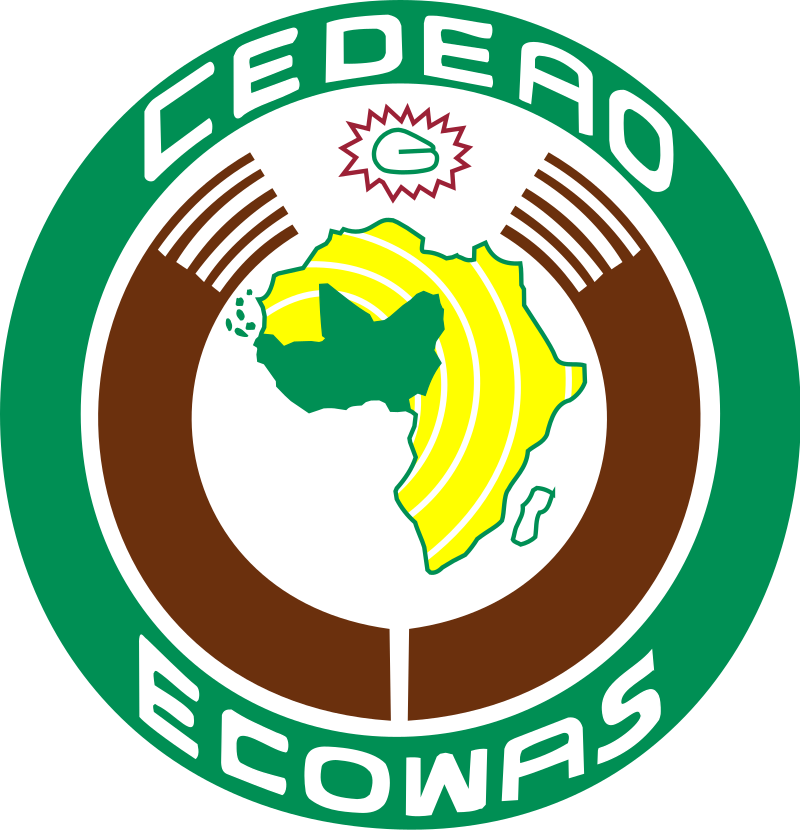On Thursday May 15, 2025, Nigeria’s President Bola Ahmed Tinubu, the current chairman of the Authority of ECOWAS, the Economic Community of West African States, in a message to the Malian junta leader General Assimi Goita, reaffirmed Nigeria’s commitment to supporting Mali’s democratic transition and deepening economic ties between the two nations.
Speaking while receiving the Letter of Credence from Ambassador Cheick Oumar Coulibaly, Mali’s new envoy to Nigeria, Tinubu also insisted that West African countries are stronger when united.
“We should strengthen our bilateral relations, and it is hoped that Mali will achieve its democratic goals. We are open to any support we can render. I want you to see yourself as a member of the family here,” the ECOWAS chairman told the Malian ambassador.
Many might have reservation at the move by the Mali junta’s regime in sending a new ambassador to Nigeria, while others could see the move as welcome.
Mali is one of the three ECOWAS Member States under military dictatorships, and three of the Alliance of Sahel States, AES, which pulled out of ECOWAS effective January 2025,
In removing their countries from ECOWAS, Goita of Mali, General Abdourahmane Tchiani of Niger and Capt. Ibrahim Traore of Burkina Faso, (all toppled elected civilian governments), accused ECOWAS of failing to support their countries in their battle against insecurity/terrorism. They also alleged that ECOWAS had “deviated” from the aims of its founding fathers and was being externally influenced.
This was in an apparent reference to France, the former colonial power in the three countries.The junta regimes have since cut ties, and expelled French diplomats and soldiers from their countries.
ECOWAS might have made some mistakes in its engagement strategy or intervention to bring its breakaway member States back to the fold. For their part, Goita and his co-military rulers in Burkina Faso and Niger, have been resisting diplomatic efforts by ECOWAS, for negotiations to bring the three countries back to the regional economic bloc.
Goita triggered the resurgent military incursions in the ECOWAS region in August 2020 and followed it with another against the government in which he served as Deputy President. His colleagues in the other two countries followed his example.
There has been no significant improvement in the three countries since the military takeovers. If anything, their security situations have deteriorated, with continued deadly attacks by terrorist jihadist and separatist armed groups against soldiers and civilians.
Ambassador Coulibaly said Nigeria has maintained its leadership role in Africa while acknowledging the country’s military’s contribution of troops for various UN peace missions on the continent and the sub-region.
“I wish to convey the fraternal greetings of the Head of State, Gen. Assimi Goïta, and the highest appreciation of the Malian people for the Nigerian leadership and support,” he said.
If the Goita regime has changed its mind by sending an ambassador for accreditation by Nigeria, the current ECOWAS chair, the move is in the right direction and should be encouraged. His fellow military rulers should follow suit and ensure that all three military-ruled countries return to constitutional rule in the shortest possible time.
Also, ECOWAS civilian leaders, accused of encouraging corruption, bad governance, “constitutional and electoral coups,” human rights violations, repression of opposition and alternative views and undemocratic tendencies must change their ways, to prevent further military coups. This is against the background that leadership is service and political leaders hold power in trust for the people to whom they are accountable.
To remain relevant, as it marks its 50th anniversary of existence, ECOWAS, must positively touch the lives of the estimated 400 million community citizens, through impactful and transformational leadership and its programmes and activities.
No doubt, the organization has madep some remarkable achievements over the past five decades. However, governance, human rights, socioeconomic, peace and security challenges persist.
As rightly stated by President Tinubu, ECOWAS Member States are better off pulling together in unity to effectively address their common developmental problems.
Regional integration is still the way to go and this was why the African Union, the successor to the Organization of African Unity (OAU) has eight Regional Economic Communities (RECs), including ECOWAS, as pillars and engine of continental development and progress. None of the African countries can go it alone, especially because of their socioeconomic fragility and political governance challenges.
Consistent with this thinking, the AES countries should rethink their position.
All the countries in the region should collectively work for the consolidation of democracy and regional integration, and at the same time, eschew any attempts at disintegration no matter how attractive.
The reason to look inwards for African solution to African problems is more compelling with emerging threats from globalization, geopolitical and strategic shifts, the shrinking of multilateralism and foreign aid cuts by advanced countries and development partners.
Africa should innovate, reinvent itself, reposition and reassert its independence to become self-reliant and maximize its resources to compete effectively in international trade, and indeed international geopolitics.
As consistently advocated by Kenyan Professor, Patrick Lumumba, nobody but Africans can lead the pan-African renaissance!








